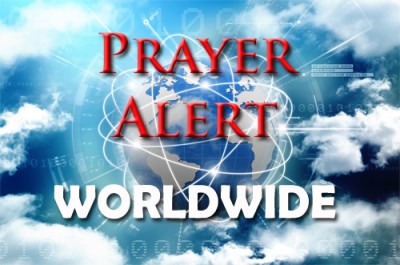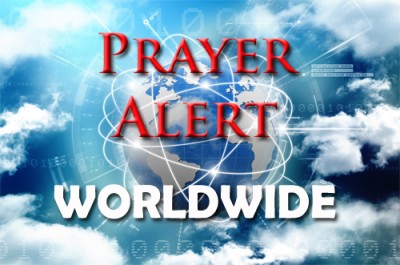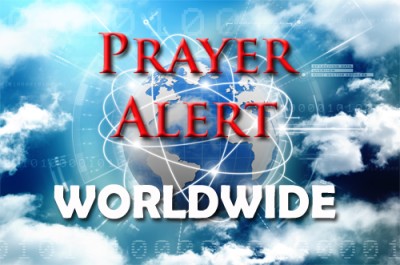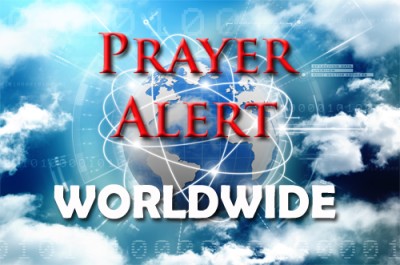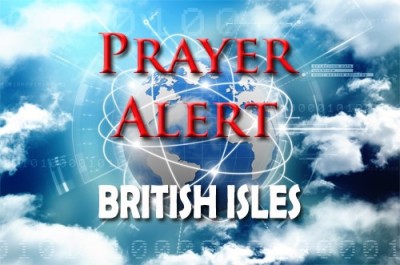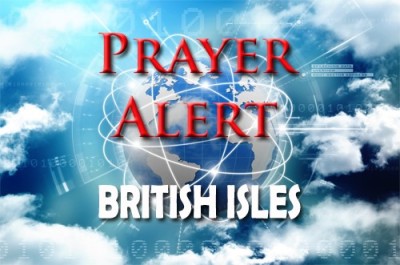A humanitarian tragedy is unfolding in Gaza as a Palestinian infant has died from hypothermia amid severe winter conditions and ongoing restrictions on aid. Local health officials reported that two-week-old Mohammed Khalil Abu al-Khair succumbed to extreme cold after families were left without adequate shelter, heating, clothing, or fuel. Israel’s prolonged military campaign has destroyed much of Gaza’s infrastructure, forcing hundreds of thousands to live in tents or damaged buildings unable to withstand storms and freezing temperatures. Recent severe weather has flooded shelters, collapsed structures, and caused further deaths. Humanitarian agencies warn that Israeli restrictions on aid deliveries, including limits placed on UNRWA, are preventing lifesaving supplies from reaching civilians at scale. The child’s death underscores how the denial of basic necessities has turned winter itself into a lethal threat, particularly for children and other vulnerable civilians.
Afghanistan is facing an escalating humanitarian emergency, as the World Food Programme has warned it cannot mount an effective winter response for the first time in decades. International aid has sharply declined since 2021, following the Taliban’s return to power, and has been further strained by earthquakes and other natural disasters. As a result, WFP estimates that it needs more than $460 million extra in order to assist six million of the most vulnerable people. Hunger is rising rapidly, with an estimated 17 million Afghans now food insecure, including millions recently deported from Iran and Pakistan. Children are bearing the heaviest burden: 3.7 million are acutely malnourished, one million severely so, and deaths are expected to increase during the harsh winter months when food access is lowest. Clinics and nutrition programmes are shrinking as funding dries up, leaving families with little support. Aid agencies warn that without urgent international action, preventable suffering and child mortality will continue to worsen.
Morocco: response to severe winter emergency
18 Dec 2025Authorities in Morocco are confronting a severe winter emergency as freezing temperatures, heavy rainfall, snowfall, and flash floods impact large swathes of the country. In response, they have launched a nationwide relief operation covering 28 provinces, aiming to assist around 73,000 vulnerable households with food supplies, blankets, and essential aid. Red weather alerts warn of as much as 80 cm of snow in the High Atlas mountains, while orange alerts signal intense rainfall across central and northern regions. The extreme conditions have already proved deadly: flash floods in the coastal city of Safi killed at least 37 people, damaged homes, and swept away vehicles. To mitigate further harm, the government has mobilised road clearance teams, emergency monitoring centres, and provincial vigilance committees to maintain access to remote and high-altitude areas: residents are being urged to remina cautious, especially when travelling. The relief efforts reflect Morocco’s broader strategy to protect vulnerable communities and mitigate the impacts of what authorities describe as unusually severe winter weather.
Refugees living in camps along the Thai–Myanmar border are facing a deepening humanitarian crisis as food and medical aid is sharply reduced, even as they gain the long-denied right to work legally outside the camps. Decades-old assistance systems have been disrupted by Donald Trump’s major cuts to USAID and other humanitarian funding, leaving more than 100,000 refugees struggling with food shortages, declining education access, and collapsing healthcare services. Monthly food credits have been suspended for most families, forcing many to rely on dwindling savings or informal work, while only the most vulnerable continue receiving limited rations. Clinics once run by international agencies are now barely functioning, with severe shortages of medicines and trained staff. Educators warn hungry children may drop out of school to work illegally. Amid this hardship, Thailand’s decision to allow refugees to work legally offers a rare lifeline, restoring dignity and self-reliance: it could fill a migrant labour shortage after the conflict with Cambodia in July triggered an exodus of Cambodian workers. Yet fears of exploitation, family separation, and limited job opportunities remain, underscoring the fragile balance between hope and desperation.
NHS under huge strain from spike in ‘super flu’
12 Dec 2025Hospitalisations for influenza in England have surged by more than 50% in a week, with NHS leaders warning that the current ‘super flu’ wave shows no signs of peaking. An average of 2,660 patients per day were admitted with flu up to 7 December, a figure NHS England says is still rising and could exceed 5,000 by the 14th - equivalent to filling three hospitals. Children aged five to 14 currently have the highest positivity rates, while the sickest patients tend to be adults over 75 and children under five. Experts attribute the unusually early and severe spike to a mutated strain of H3N2, meaning population immunity may be lower than usual. Hospitalisations for norovirus are also increasing, adding further pressure as the NHS faces winter strain and the possibility of a resident doctors’ strike. Leaders have urged the British Medical Association to accept the Government’s offer and avoid additional disruption during an already critical period.
X Factor finalist discovers the joy of faith
11 Dec 2025Singer-songwriter Talia Dean, once an X Factor finalist, discovered that fame brought none of the fulfilment she longed for. Though achieving what many dream of, she found herself exhausted, unwell, and deeply empty — 'an endless search to fill a void you can never fill with claps and cheers or money.' On New Year’s Eve 2023, after years of feeling low and searching for 'something,' she wandered into a churchyard and desperately prayed for a sign of warmth or love. God answered through the unexpected kindness of strangers - the vicar’s wife and daughters, who invited her in, prayed for her, and, as she describes it, filled the kitchen with heavenly light. Later that day, she asked the Lord for one more sign, and sunlight broke through the grey rainclouds into her room. Talia has now joyfully returned to her Catholic roots, creating worship music, including her BBC-performed song 'I will praise Your name’. She longs for others to discover faith, direction, and the soul-filling joy she has found in Christ.
Texas governor Greg Abbott has announced that over 500 high schools across the state now host chapters of Turning Point USA’s Club America programme, a conservative student movement designed to promote constitutional principles, traditional values, and civic responsibility among young people. At a press conference, he highlighted the growing need for such programmes in shaping future leaders. He honoured the legacy of Charlie Kirk, TPUSA’s founder, who was assassinated last September, recognising his impact in inspiring students to stand for moral clarity and America’s founding ideals. Club America now includes more than 1,200 chapters nationwide, teaching principles such as fiscal responsibility, free markets, and limited government. Several other states, including Florida and Oklahoma, have pledged support for students wishing to establish their own chapters.
£3.5bn plan to halve homelessness unveiled
11 Dec 2025The Government has unveiled a £3.5bn national plan to end homelessness, aiming to halve long-term rough sleeping by 2029/30. Housing secretary Steve Reed described homelessness as 'one of the most profound challenges we face’, promising a future where it is 'rare, brief, and not repeated’. The strategy includes a new duty requiring prisons, hospitals, and social care to work together, preventing people from being discharged straight onto the streets. It also pledges to halve first-night homelessness among prison leavers, reduce the number of families living in B&B accommodation, and direct £50m to councils to create tailored action plans. A £124m supported housing scheme is expected to help 2,500 people off the streets. However, charities warn the plan falls short, noting that only £100m of the funding is new and highlighting major gaps, particularly around prevention, frozen housing benefit, refugee support, and the lack of available social homes. MPs and homelessness organisations say the strategy appears rushed and insufficient to meet the scale of need, with record numbers of people (especially children) expected to be homeless this Christmas.
